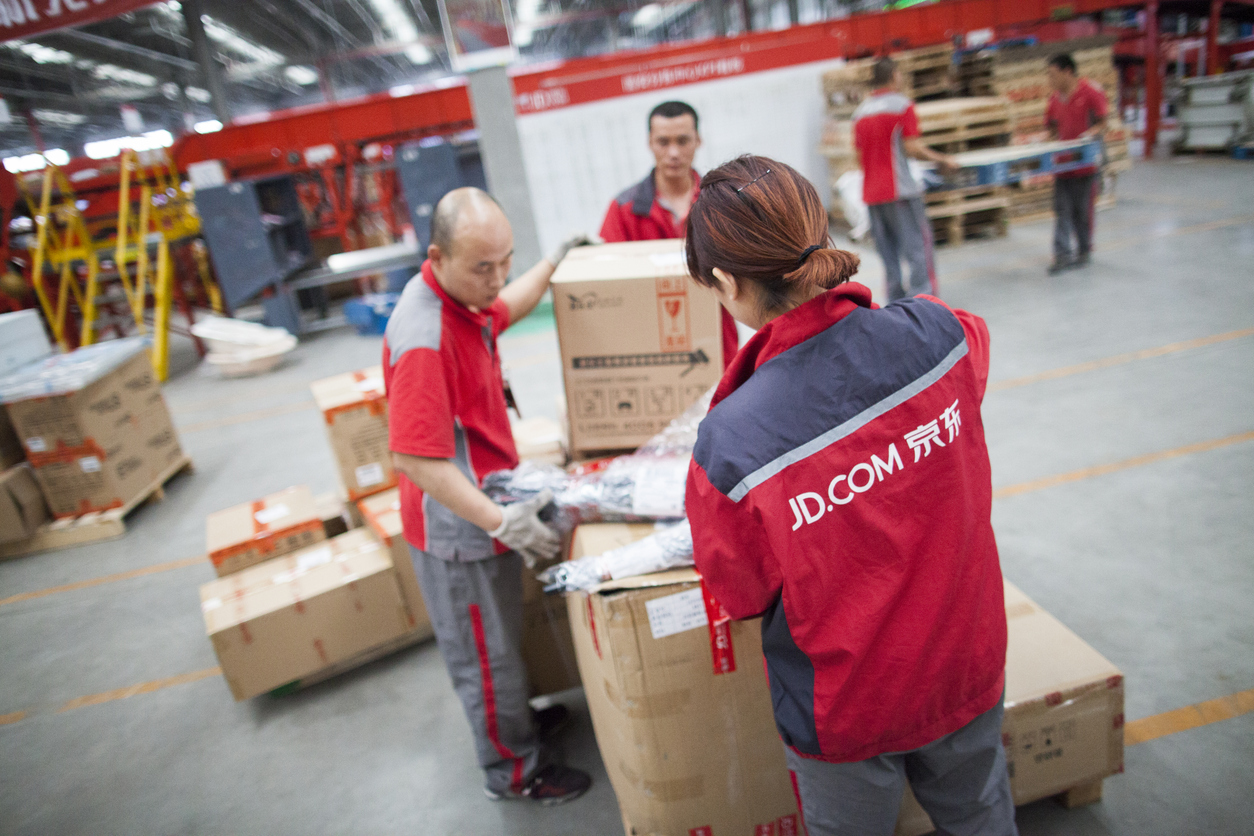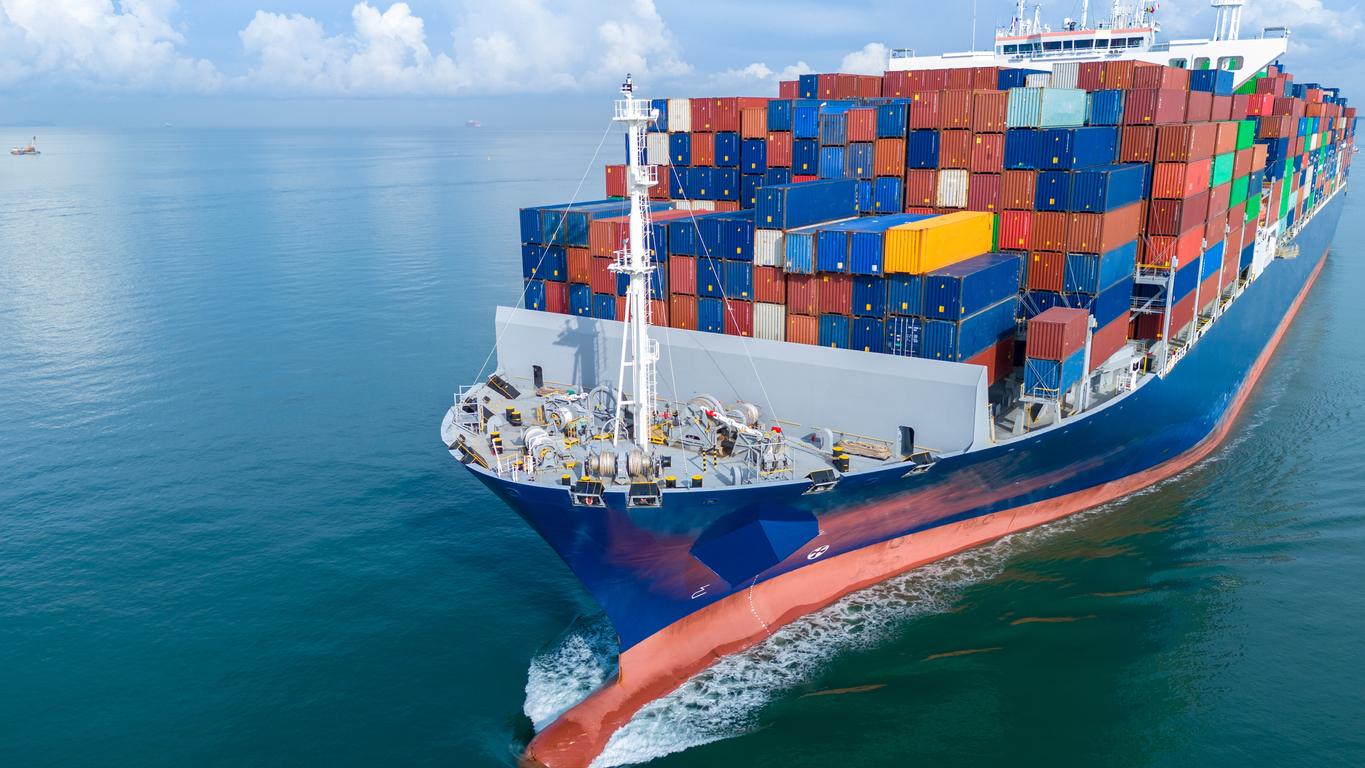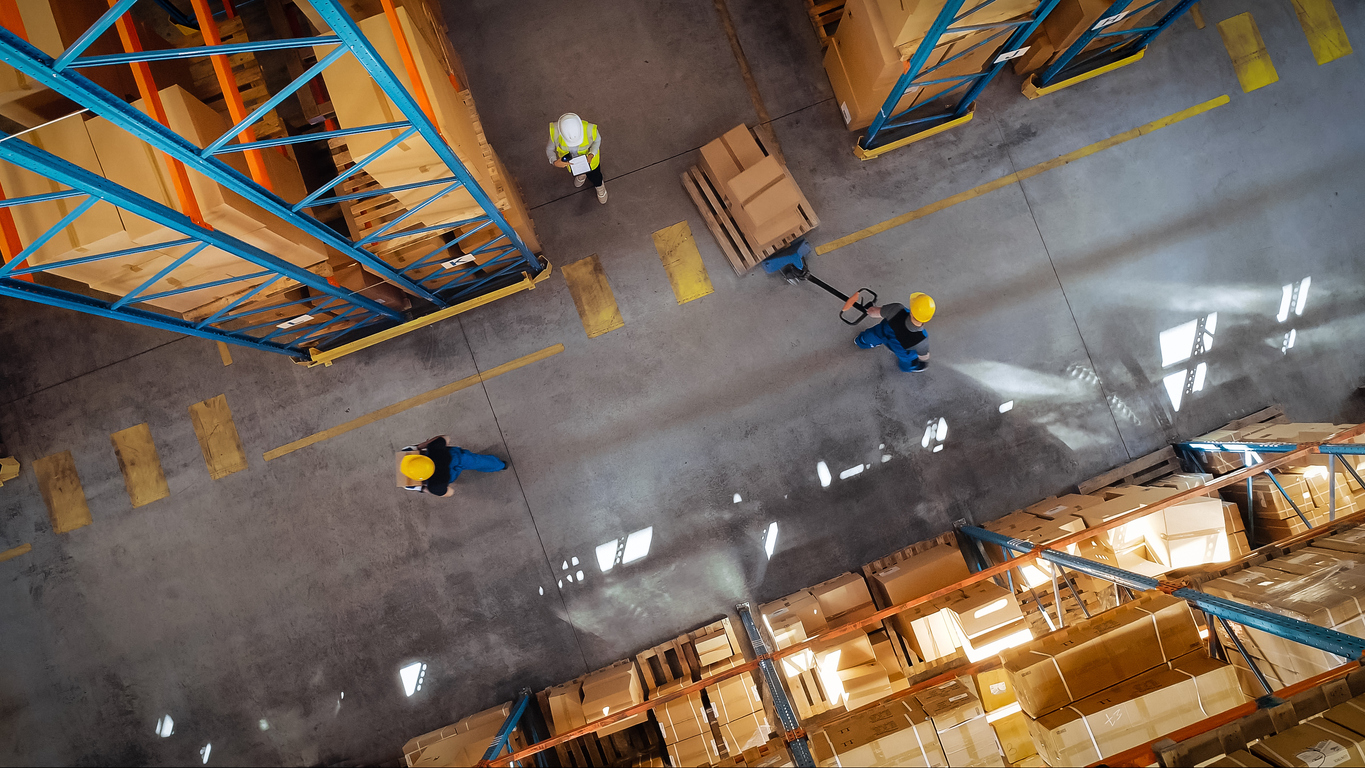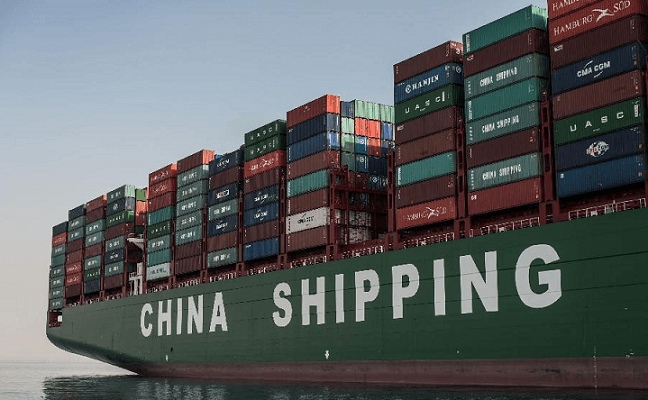Port Automation Solutions in Nigeria – Driving Efficiency in Maritime Trade
Nigeria’s maritime sector is undergoing significant transformation as the government and private stakeholders prioritize modernization and digitalization. One of the most impactful trends in this evolution is port automation—the integration of smart technologies to enhance operational efficiency, reduce human error, and improve cargo throughput.
This article examines the rise of port automation solutions in Nigeria, the benefits they offer, current developments, and how Wigmore Trading supports clients in adapting to the changing port landscape.
What Are Port Automation Solutions?
Port automation refers to the use of digital systems and technologies to streamline port operations such as:
-
Cargo handling and container movement
-
Gate access control and security
-
Customs and clearance processes
-
Terminal operating systems (TOS)
-
Vessel traffic management systems (VTMS)
Automation can range from partial digitalization of documentation to fully automated cranes, smart surveillance, and AI-powered logistics platforms.
Why Port Automation Matters in Nigeria
Nigeria’s major ports—Apapa, Tin Can Island, Onne, and Calabar—are critical to regional trade but have long been plagued by inefficiencies, such as:
-
Manual processes and paperwork delays
-
Long truck queues and cargo congestion
-
High operational costs
-
Inconsistent turnaround times
Port automation solutions offer a path toward:
-
Faster cargo clearance and reduced dwell time
-
Better visibility across the supply chain
-
Enhanced safety and security
-
Greater transparency and compliance
-
Lower costs for shippers and freight forwarders
These improvements are especially important for Nigeria’s competitiveness in West Africa and the African Continental Free Trade Area (AfCFTA).
Key Port Automation Initiatives in Nigeria
Several projects and reforms are underway to introduce port automation in Nigeria:
-
e-Customs Modernisation Project: Digitizing customs processes to improve efficiency and revenue generation.
-
Lekki Deep Sea Port: Designed as Nigeria’s first fully digital port, with modern TOS and automated cargo handling systems.
-
Truck Call-Up System (eto) at Apapa Port: A digital solution to manage truck access and reduce traffic congestion.
These initiatives demonstrate a growing commitment to transforming port operations through technology.
Challenges to Port Automation in Nigeria
Despite its potential, automation in Nigerian ports faces challenges such as:
-
Resistance to change from traditional operators
-
Limited digital infrastructure
-
Inconsistent power supply
-
Cybersecurity concerns
-
Regulatory delays and fragmented systems
Addressing these issues requires coordinated efforts from public and private stakeholders, including logistics partners and technology providers.
How Wigmore Trading Supports Clients in a Digital Port Ecosystem
At Wigmore Trading, we recognize that the shift toward port automation affects the entire logistics value chain. While we do not supply automation software or hardware directly, we actively support businesses that depend on efficient port operations through:
1. Digital Documentation and Compliance
We help clients prepare and submit import/export documentation in alignment with Nigeria’s new digital customs systems—minimizing delays and improving accuracy.
2. Port Clearance and Freight Coordination
Our team monitors port technology trends and integrates them into our freight forwarding operations. This includes adapting to changes in customs, terminal access, and cargo tracking systems.
3. Supply Chain Flexibility
Wigmore Trading builds flexible supply chain strategies to help businesses adjust quickly to technology upgrades and regulatory shifts across ports.
4. Real-Time Communication
We prioritize communication and real-time updates with our clients to help them navigate any disruptions or changes related to port automation rollouts.
Contact Wigmore Trading today to streamline your operations and align your supply chain with Nigeria’s evolving digital ports.
Conclusion
Port automation solutions in Nigeria are no longer optional—they are becoming essential to stay competitive in the modern trade environment. From cargo visibility to faster clearance and improved compliance, the benefits are clear. However, implementation requires the right partnerships, awareness, and adaptability.
Wigmore Trading is here to help businesses operate efficiently within Nigeria’s digital ports and ensure their logistics stay one step ahead.








Comments are closed.